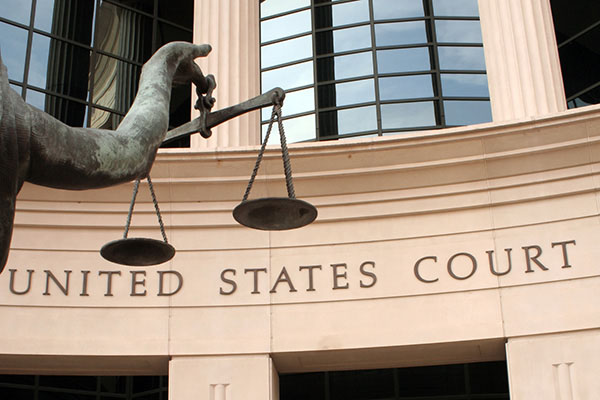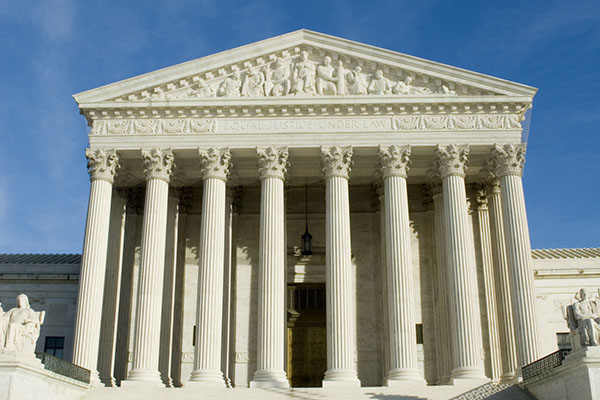Program Overview
Our restorative criminal justice major integrates the values of Christ with a deeper knowledge of crime and justice. Let us help you gain a hands-on understanding of restorative approaches to due process. You'll analyze social and psychological theories of crime and society with our expert faculty. You'll learn with incarcerated students in classes at the Tennessee Prison for Women as part of our nationally-recognized Lipscomb Initiative for Education (LIFE).
Let us teach you a holistic approach to achieving accountability and healing relationships. Within our restorative criminal justice major, you'll study criminal justice practices rather than law enforcement implementation. You'll plan ways to positively address harm caused by illegal actions. By the time you graduate, you'll be uniquely prepared for your career or graduate work in many options including law, social work and theology.
"Restorative Justice believes in healing relationships. It values people over punishment, reconciliation over revenge, accountability over abandonment. Lipscomb University knows this, and I am grateful for such a unique and essential program." --Archbishop Desmond Tutu, Nobel Peace Prize Laureate
Restorative criminal justice holds that "crime" is a violation of human relationships. It believes that all stakeholders (offender, victims, and community) in the offense should have a voice in the process of making things as right as possible.
Restorative criminal justice does not reject punishment but does embrace a holistic approach to achieving accountability. This interdisciplinary major embraces the holistic approach.
Graduate School Acceptance Rate
Job Placement Rate
Our Faculty
Career Paths
Correctional Officers and Bailiffs
Correctional officers are responsible for overseeing individuals who have been arrested and are awaiting trial or who have been sentenced to serve time in jail or prison. Bailiffs are law enforcement officers who maintain safety and order in courtrooms.
Probation Officers and Correctional Treatment Specialists
Probation officers and correctional treatment specialists provide social services to assist in rehabilitation of law offenders in custody or on probation or parole.
Lawyers
Lawyers advise and represent individuals, businesses and government agencies on legal issues and disputes.





